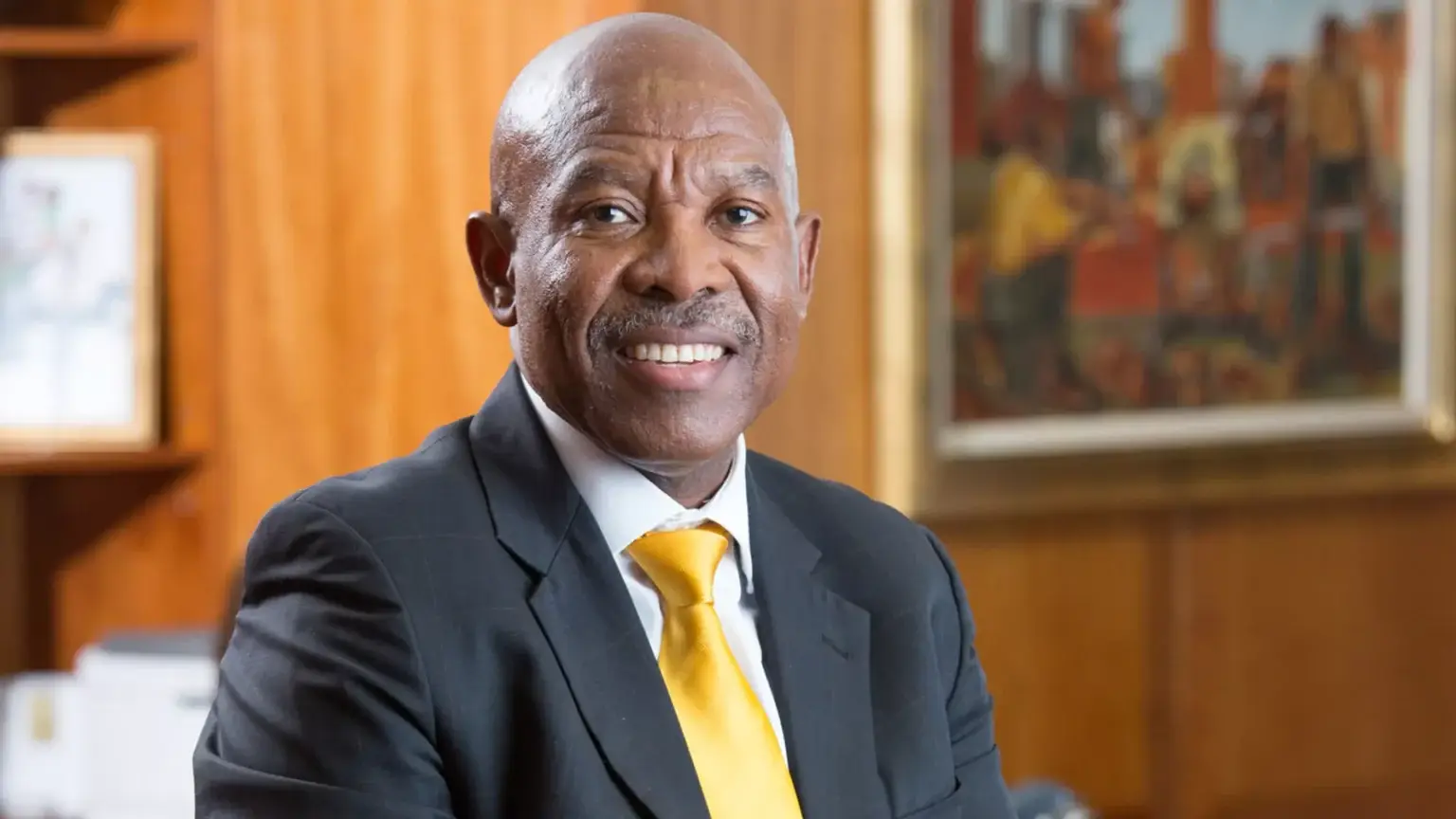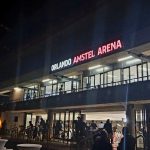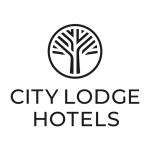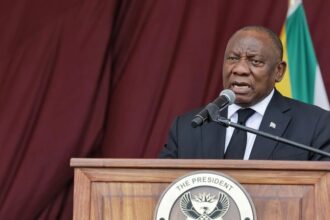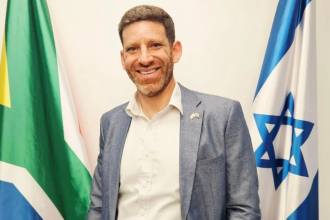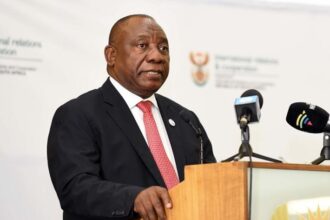The South African Reserve Bank (SARB) has issued a warning that the proposed 2% increase in value-added tax (VAT) could be seen as an “economic shock,” further complicating the already tense national budget debates.
Finance Minister Enoch Godongwana was recently forced to delay the 2025 Budget Review by three weeks due to internal disputes within the Government of National Unity (GNU). The contentious VAT hike, aimed at generating an additional R58 billion, has sparked concerns over its potential economic repercussions, particularly for lower-income households.
SARB Governor Weighs In
Speaking on the sidelines of the G20 meeting of Deputy Ministers of Finance and Deputy Central Bank Governors in Cape Town, SARB Governor Lesetja Kganyago highlighted the potential ripple effects of the VAT increase.
“Part of it is that businesses are not only charging VAT but also paying VAT. They might take that into account, and if it perpetuates inflation, the central bank has to react. However, if it’s a once-off shock and we don’t see sustained price increases, there’s no need for the central bank to respond,” Kganyago explained.
VAT is widely viewed as a regressive tax, disproportionately affecting the poor, as it raises the cost of essential goods and services.
Cabinet’s Budget Battle
The budget deadlock has forced President Cyril Ramaphosa to call a special Cabinet meeting to discuss alternatives. Godongwana presented a revised budget without the VAT increase, but Cabinet reportedly rejected it, arguing that it would not adequately address the country’s financial needs.
In response, the government is now considering the introduction of a wealth tax, working with the South African Revenue Service (SARS) to determine appropriate thresholds for high-net-worth individuals.
Opposition Criticism and Alternative Proposals
The Democratic Alliance (DA) has strongly opposed any new tax hikes, arguing that South Africa does not have a revenue problem but rather a spending prioritization issue.
DA finance spokesperson Mark Burke criticized the VAT hike and the proposed wealth tax, stating, “The R60 billion in new expenditure that Treasury says it needs accounts for only 3% of the overall R1.9 trillion budget. These funds can easily be sourced from failing, failed, and underperforming programmes.”
Burke further argued that increasing taxes would discourage private sector investment, shrink the tax base, and ultimately harm economic growth.
Cost-Cutting Measures Instead of Tax Hikes?
Instead of raising taxes, the DA has proposed several immediate cost-cutting measures to free up at least R60 billion without compromising essential services. These include:
- A 50% reduction in government advertising budgets.
- A 33% reduction in travel and catering expenditures across departments.
- A 12-month hiring freeze for all non-essential government positions.
- A national audit of “ghost employees,” following revelations that up to 10% of Prasa’s workforce did not exist.
The Road Ahead
The ongoing budget battle underscores the complexities of South Africa’s economic landscape. While the SARB remains cautious about the inflationary impact of a VAT hike, political leaders continue to search for a viable fiscal solution.
As debates continue, South Africans brace for potential economic turbulence, with the final budget decision set to have far-reaching consequences for businesses and households alike.

